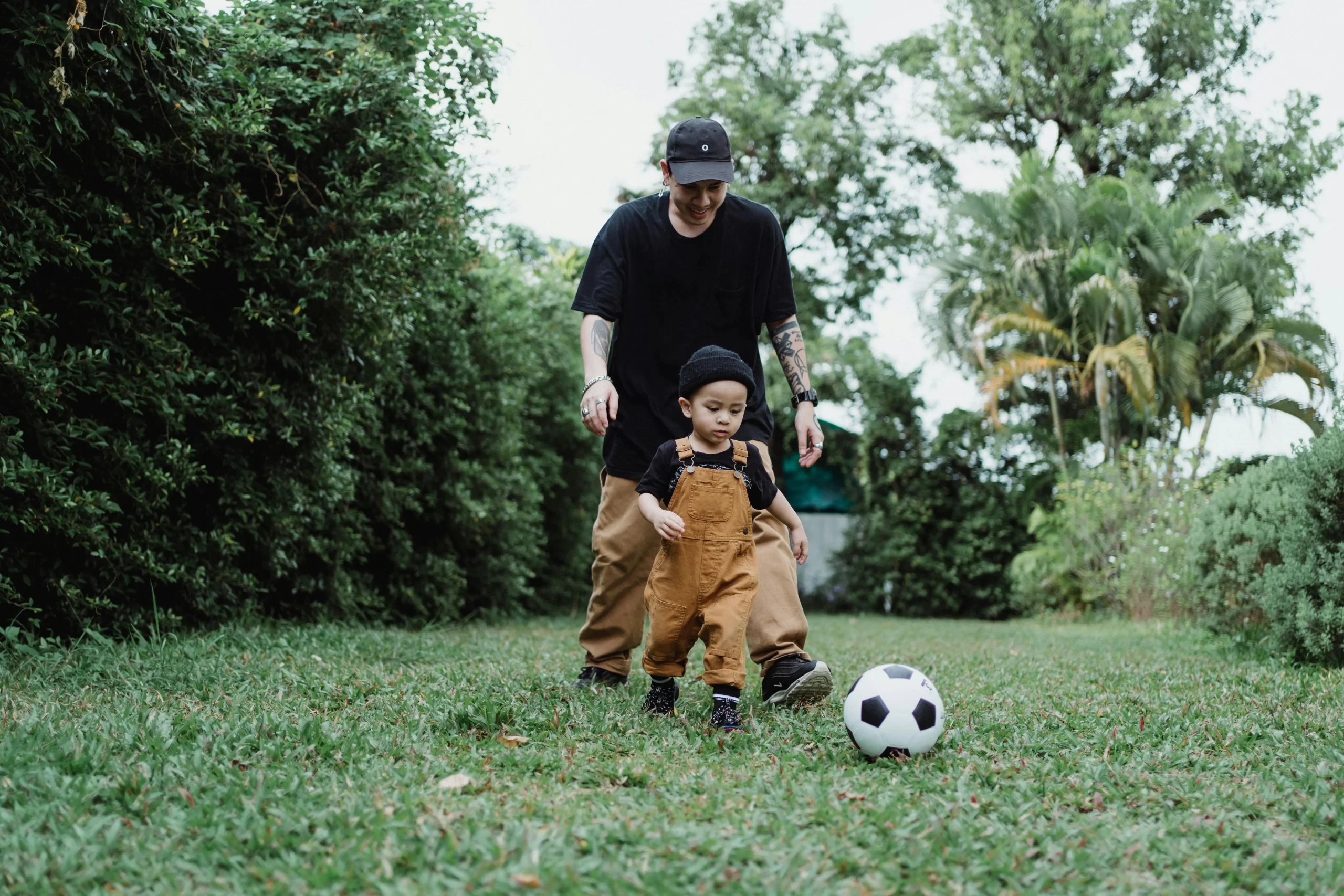The Key to Success: Building a Strong Support System
As a parent of a young athlete, you know that the journey through sports can be both exhilarating and challenging. Your child’s passion for their sport can lead to incredible experiences, but it can also bring moments of doubt and isolation. One of the most crucial elements in helping your young athlete thrive is establishing a strong support system. This support system includes family, friends, coaches, and fellow athletes. In this post, I’ll guide you through the importance of a solid support network, how to build one, and the steps you can take to ensure your young athlete feels uplifted and encouraged every step of the way.
Why a Support System Matters
A strong support system helps young athletes in several key ways:
- Emotional Stability: Sports can be a rollercoaster of emotions. Having someone to talk to can help your child navigate their feelings, whether they’re celebrating a win or coping with a loss.
- Increased Motivation: When young athletes know their family and friends are cheering them on, they feel more motivated to push through tough practices and challenging games.
- Sense of Belonging: Isolation can creep in when athletes feel like they’re alone in their struggles. A supportive network fosters a sense of community and belonging.
- Skill Development: Coaches and experienced parents can provide valuable insights and feedback that help young athletes improve their skills.
Now that we understand why a support system is essential, let’s explore how to build one effectively.
Steps to Create a Strong Support System
- Involve the Family
- Encourage Family Participation: Make it a priority to attend games and practices. Your presence shows your child that you value their commitment to their sport.
- Establish Family Traditions: Create pre-game rituals, such as team dinners or motivational talks. These traditions can foster a sense of unity and excitement.
- Foster Friendships
- Promote Team Bonding: Encourage your child to spend time with teammates outside of practice. Playdates, movie nights, or team outings can strengthen their bonds.
- Create a Positive Environment: Help your child understand the importance of being a good friend and teammate. Teach them to celebrate others’ successes, which builds camaraderie.
- Connect with Other Parents
- Build a Parent Network: Establish connections with other parents. You can share experiences, support each other, and even organize carpooling for practices and games.
- Host Parent Meetings: Consider setting up regular gatherings to discuss the team’s progress, share resources, or plan events. This collaboration can enhance the overall team experience.
- Engage Coaches and Mentors
- Communicate Openly with Coaches: Establish a good rapport with your child’s coach. Regular communication can provide insights into your child’s progress and areas for improvement.
- Seek Mentorship: Encourage your child to connect with older athletes or mentors who can provide guidance and inspiration.
- Utilize Technology
- Leverage Social Media: Create a private group for parents and athletes to share updates, photos, and encouragement. This keeps everyone connected and informed.
- Use Apps for Coordination: Consider using scheduling apps to keep track of practices, games, and team events. This helps everyone stay organized and engaged.
Best Practices for Supporting Young Athletes
- Be a Positive Role Model: Your attitude towards sports and competition will influence your child. Show enthusiasm and sportsmanship, regardless of the outcome.
- Encourage Open Communication: Create an environment where your child feels comfortable sharing their feelings about their sport, whether they’re experiencing joy or frustration.
- Celebrate Achievements: Acknowledge both big and small victories. This could be as simple as a congratulatory note or a special treat after a great game.
- Teach Resilience: Help your child understand that setbacks are part of sports. Encourage them to learn from mistakes and keep pushing forward.
Troubleshooting Common Issues
Sometimes, despite our best efforts, issues can arise within the support system. Here are a few common problems and how to address them:
- Isolation: If your child feels isolated from their teammates, encourage them to reach out and initiate conversations. You might also consider organizing team-building activities to foster connections.
- Negative Influences: If you notice your child is influenced by negativity, whether from teammates or social media, have an open discussion about the importance of positivity and surrounding themselves with supportive individuals.
- Burnout: If your child seems disengaged or overwhelmed, check in with them. It might be time to reassess their commitments and ensure they’re balancing sports with other interests and downtime.




